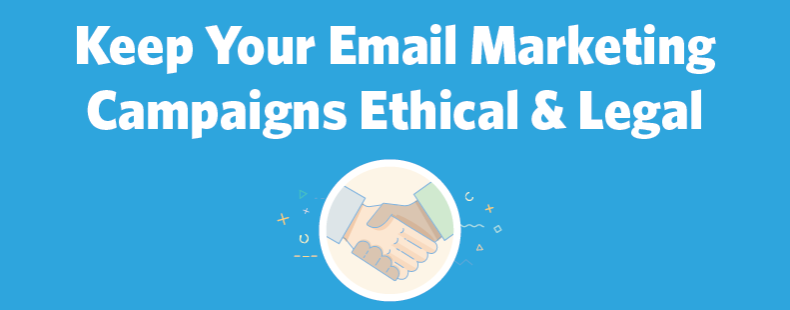Relationship building is essential in any business, but this concept extends beyond customer and vendor relations. While those relationships are vital, it's the direct connections that, in many cases, can make or break your success in the business world.
These relationships are your secret weapon. The people you surround yourself with can help you do the impossible, change your perspective for the better, or inspire you to keep fighting against the odds. Without them, you'd have a long, uphill battle ahead.
So, what are these relationships? I believe it boils down into these three categories:
Personal
The overall benefits of having strong, positive personal relationships in your life are invaluable. According to a study conducted by Gallup, "Individuals who say they have family and friends they can count on to help them in times of trouble are consistently more likely to be satisfied with their personal health." From this same study, Lisa Berkman, Ph.D., of Harvard University also noted that "People who are socially isolated tend to have more physiological stress, poorer immune function, and a host of biological risk factors."How are you supposed to a run a company or get that startup off the ground if you're feeling stressed and sick? This is why it is so important to build strong personal relationships as they can directly impact your working life (and vice versa, but that's another topic for a different day). It could be the connections you form with your spouse, significant other, friends, children, classmates, or other close family members. Who they are doesn't matter--what matters is the quality of the relationship.
For me, I was fortunate enough to grow up in a very entrepreneurial and supportive family. My grandfather (on my mother's side) started his own business, which my father eventually ended up taking over. My uncle also started his own tech company back in the 80s, which was acquired by McGraw Hill. At family get-togethers, my grandfather would take me aside and explain how to invest in stocks or say things like, "Why would you ever work for someone else when you can create your company?"
This is not the case for everyone--and that's fine--but take a look at the personal relationships in your life. Are the people you're closest with challenging you? Inspiring you? Offering sincere encouragement? Because when we're happy in our personal relationships, we can focus our energy and passion into our businesses. But when these relationships are not going well, then it's all too easy to let that frustration and anxiety affect our work.
Professional
The professional relationships you make throughout your career can directly impact your likelihood of success.My co-founder, for example, continuously helps me to divide and conquer the Herculean feats we are sometimes tasked with. During the infancy stages of Centric Digital, we had about a week to source, recruit, and train talent for a $4 million contract. We split the to-do list and sourced an incredible team in a very short period of time that allowed us to fulfill the contract and scale our company. This anecdote speaks volumes about the importance of a trusting partnership based on confidence in each other's skills and expertise. Centric Digital would not have grown so quickly if I did not have these types of professional relationships.
This concept should be applied across your entire organization--do you have the same types of professional relationships with everyone on your team? Can you trust your key players to do what needs to be done to the best of their skills and ability? If not, it might be time to start building new relationships and changing out people on your team.
Advisory
Advisors, mentors, coaches--having someone (or a team of someones) to guide your progress is essential, especially for those in leadership roles.When you're on the top of an organization, you must surround yourself with people who are more experienced and knowledgeable to offer advice on your ideas, plans, and strategies. It helps if these people are outside of your organization and are excellent, high-quality superstars--otherwise you'll never grow, you'll never learn, and you'll always make mistakes. It also helps to build relationships with advisors who are outside of your industry as they can offer a unique perspective to your current challenges.
Wrapping up
There's a famous quote by motivational speaker and entrepreneur Jim Rohn that states, "You are the average of the five people you spend the most time with." If this is the case, and I strongly believe it is, then take a moment to look at the personal, professional, and advisory relationships in your life. Are these relationships encouraging you to grow and be your best self? Do they make you feel empowered? Are you connecting with the type of people you have a deep mutual respect for? If the answer isn't a resounding, "Yes!" then it's a no. Which brings us to the real secret behind this secret weapon: networking.If you want to surround yourself with amazing, talented, and progressive people you have to force yourself to get out there and network like crazy--and you need to do it with an open mind. Because you never know where or when you might make a crucial connection that will push you to advance your progress on the path to success.
Image Credit:Getty Images
Source:www.inc.com
ABOUT WNFP
Westchester Networking for Professionals (WNFP) is a business organization focused on providing our members and guests with an extraordinary networking experience, bringing business professionals together for the sole purpose of generating new relationships and developing new business opportunities. Not a member, learn how you can become a member and join this awesome group of professionals to connect and grow your business.
Stay Connected with WNFP!












